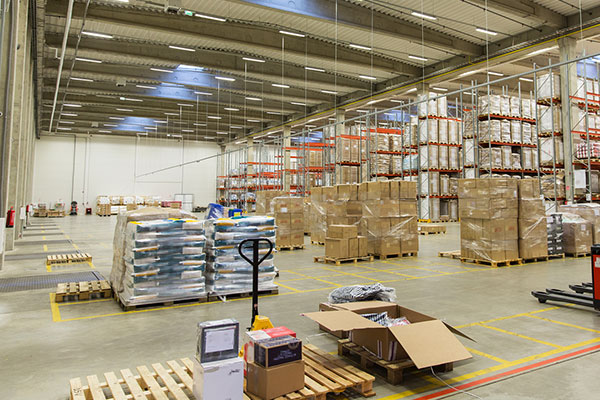
Egypt’s non-oil sector output drops in September
CAIRO, October 3, 2018
Egypt’s non-oil private sector recorded a decline in output during September following a broad stabilisation in August, according to data from the Emirates NBD Purchasing Managers’ Index (PMI) for Egypt.
The survey, sponsored by Emirates NBD and produced by IHS Markit, contains original data collected from a monthly survey of business conditions in the Egyptian private sector.
Commenting on the survey, Daniel Richards, Middle East and North Africa (Mena) Economist at Emirates NBD, said: “The 48.7 PMI figure for September represents a return to contractionary territory for the non-oil private sector in Egypt, indicating that despite the two months of consecutive 50-plus readings in July and August, there remains some weakness in the recovery.”
“That being said, it remains higher than the average reading since the IMF reform programme began in November 2016 (47.9), and the outlook remains positive,” he added.
The main findings of the September survey were as follows:
• Rates of inflation for input prices, staff costs and charges ease;
• Confidence towards the 12-month outlook improves;
• Private sector employment unchanged in September.
The seasonally adjusted Emirates NBD Egypt Purchasing Managers’ Index (PMI) – a composite indicator designed to give an accurate overview of operating conditions in the non-oil private sector economy – fell from 50.5 in August to 48.7 in September.
The latest reading pointed to a marginal deterioration in operating conditions at Egyptian non-oil private sector companies.
The overall downturn reflected the first decline in new business in three months. That said, the latest contraction was modest. Anecdotal evidence pointed to weak client demand. In line with the trend for new orders, new export sales fell during September, although modestly.
Following a broad stabilisation in August, output across Egypt’s non-oil private sector declined during September. Where reduction was reported, firms linked this to weak underlying demand. That said, the rate of contraction was modest.
Following a record-rise in staffing levels in August, employment stagnated during September. Meanwhile, outstanding business rose in the latest survey period, albeit marginally.
Amid reports of lower output requirements, firms were discouraged from raising their purchasing activity during September. Concurrently, pre-production inventories declined at the weakest pace since April.
Firms continued to face higher overall input costs during September, reflecting rises in both salaries and purchase costs. The latter was the predominant reason behind inflationary pressures, with panellists reporting higher fuel and gas prices.
Nevertheless, the rate of overall input cost inflation eased further from July’s recent high and was below its historical average.
Egypt’s non-oil private sector companies raised their output charges during September. Where an increase was registered, firms commented on the pass-through of higher cost burdens to clients. That said, the latest rise was modest and the weakest in five months.
Looking ahead, the level of positive sentiment towards the 12-month outlook for output strengthened from August’s recent low, but remained below the series average, it added. – TradeArabia News Service







